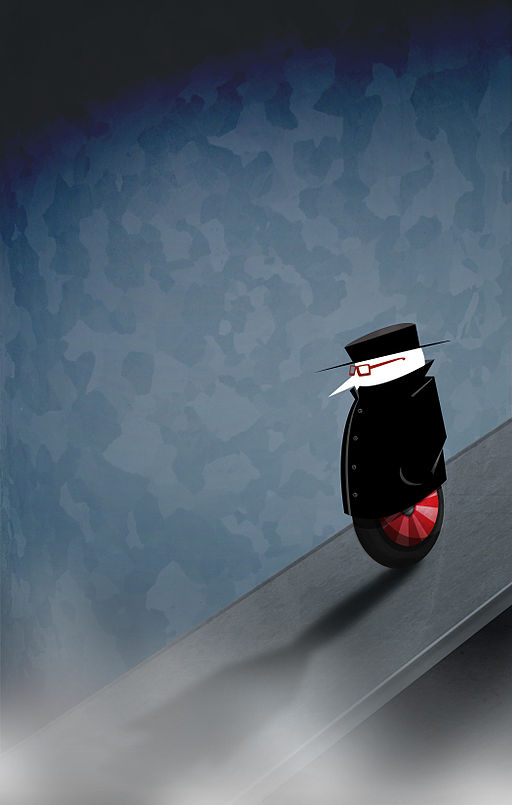Did you hear right?
 Thursday, August 15, 2013 at 12:00PM
Thursday, August 15, 2013 at 12:00PM 
Writers’ events usually feature many uniquely-dressed people whose quirky styles leave me envious and almost regretting my own pedestrian fashion sense. Almost. If I could have one super-hero power, I’d choose invisibility.
Word count: 465 Reading time: 2 minutes
The problem with wearing a smart or unique outfit is that people notice you. When they notice you they tend to stop talking and that ruins the very best part of being in a public place: the delicious opportunity to eavesdrop. Fortunately I possess well-honed secret agent skills. Because I dress plainly and I’m a woman past middle age, being unobserved is part of everyday life. So much so that in my desk drawer sits a fat file of conversations earjacked in public and transcribed at the first available opportunity, sometimes right as the conversation is going on.
In 2010 The Guardian encouraged writers to create new poems, stories and plays based on overheard conversations. The winners were honoured on a website and in an anthology, called Bugged. I call that basic writer training.
My favourite places to eavesdrop are these:
- Public transportation: You can’t beat the bus and its equivalents for picking up really interesting conversations. Sometimes it’s only half the story as someone blathers away on their cell phone. Imagining the other side of the conversation can be great fun
- Coffee shops, restaurants, fast food joints. Coffee shops are particularly good because they usually host short stays. If one conversation isn’t interesting, wait until the people at the table beside you change. It won’t be long.
- Parks and public trails. Walk slowly. Let other hikers pass you. You may only get a nugget of what they are talking about but sometimes it will be pure gold.
- Any line up anywhere. Sure there’s may be grumbling but some people can’t resist filling in the waiting time with personal stories and anecdotes.
- Supermarkets. People have unbelievably candid cell conversations while picking out their frozen dinners.
- On planes and trains, in airports and ship terminals: listen to fellow travellers as they exchange stories and life histories. Listen for the gentle lies, the slight exaggerations, the improbable victories, and the wistful memories. People give freely when they never expect to see strangers again.
I’m about to go out now. Before I leave the house, I’ll get my sunglasses and my notepad and pen. With luck no one will notice me slip into the back booth of the coffee shop. If someone I know comes and joins me, you can be sure I will keep my conversation quiet. I’m not about to give away some of my best lines.
Where do you go to find inspiration for fresh dialogue and story ideas? Have you ever based a character on someone you’ve heard or seen in public?
***
Picture from Wikimedia Commons: Secret Agent by Ben Crowther



